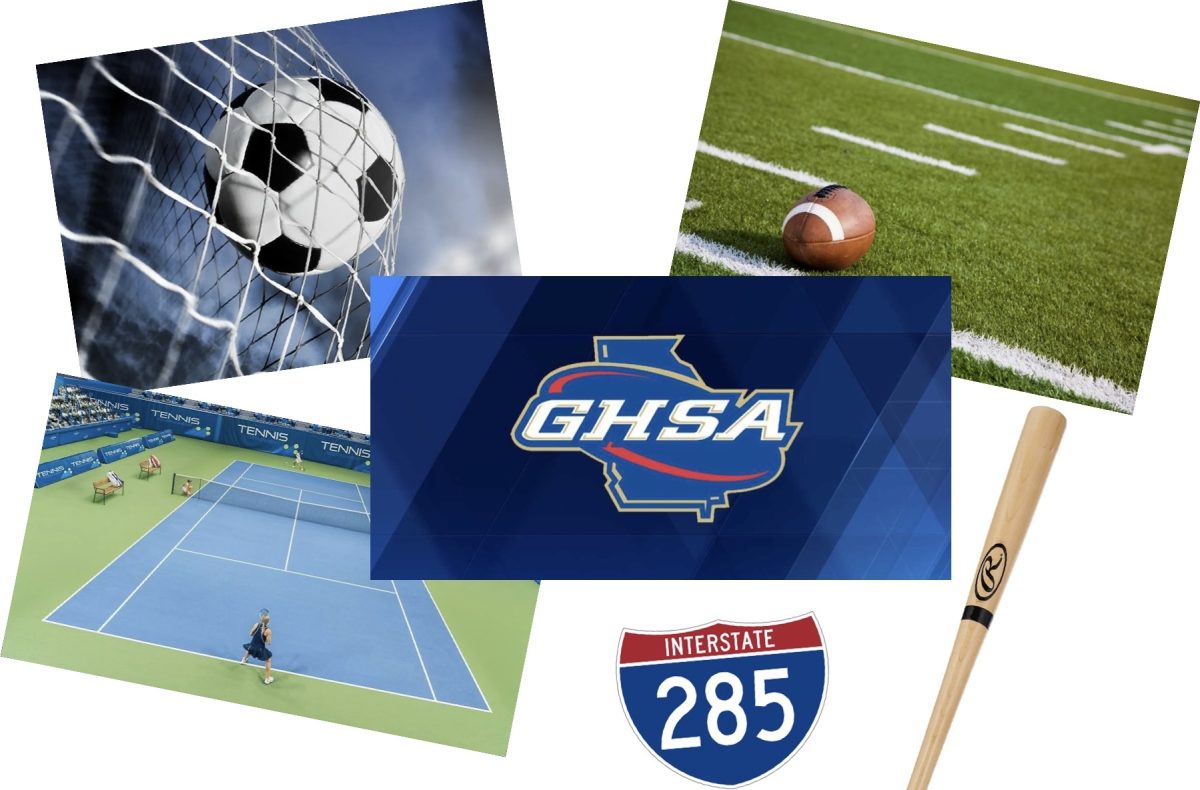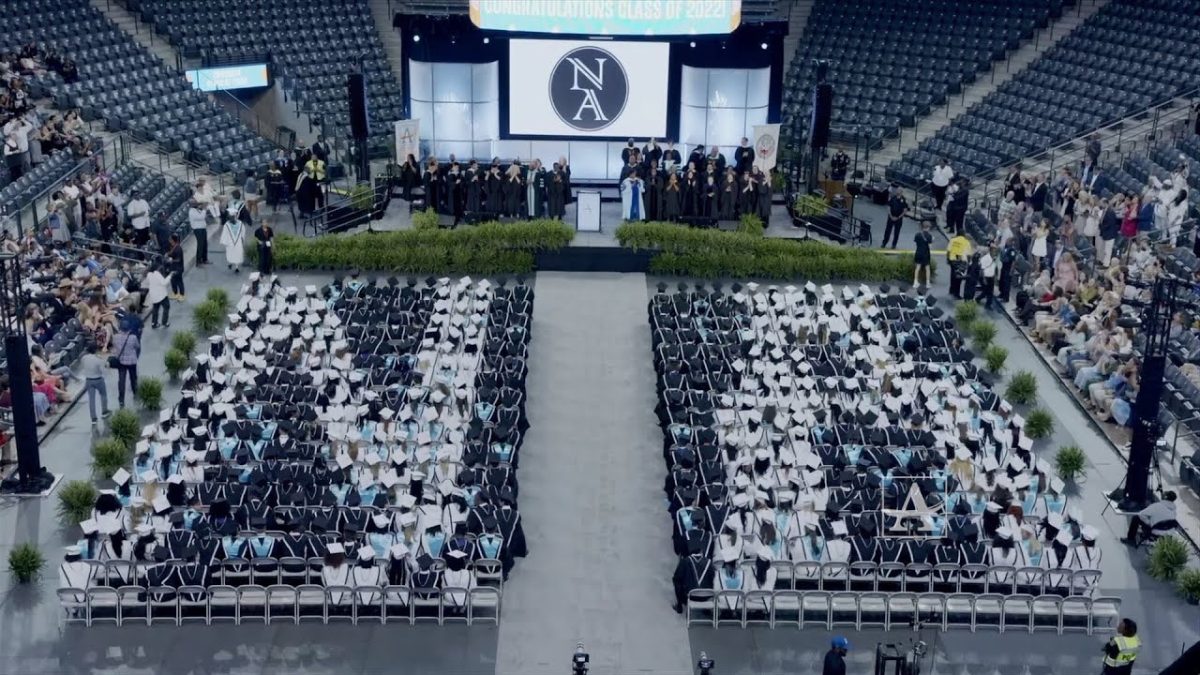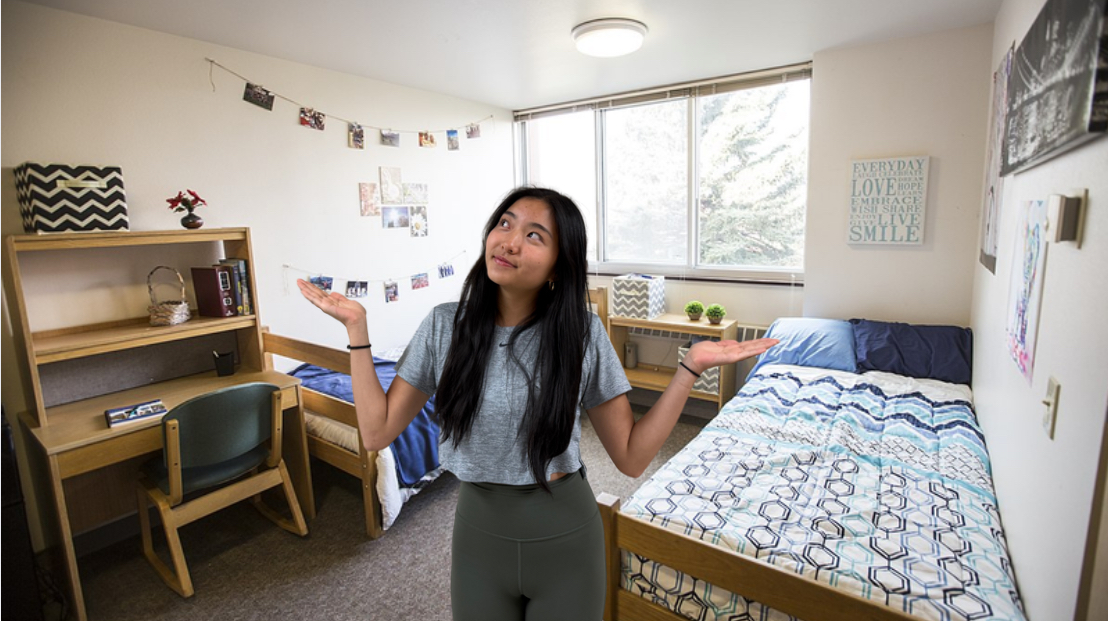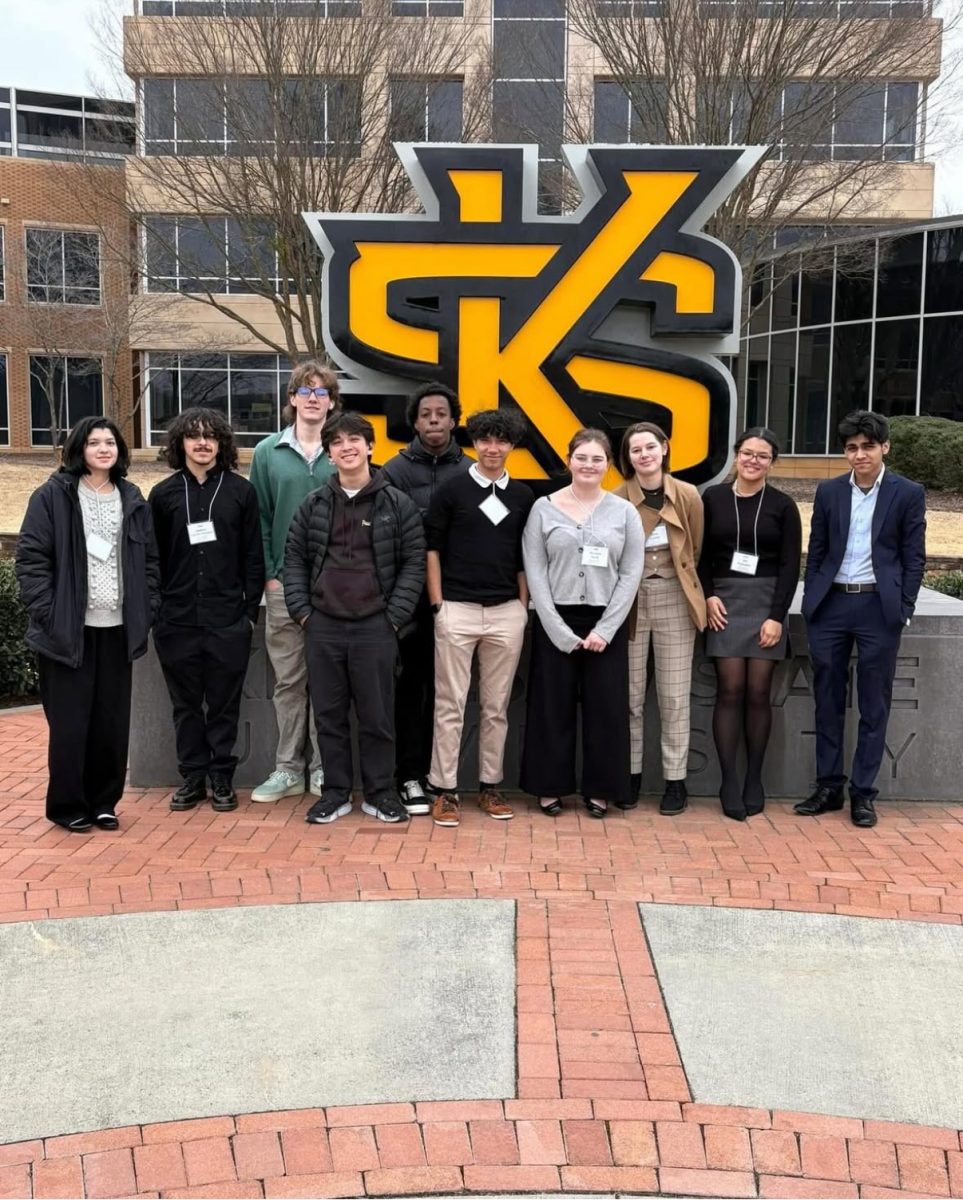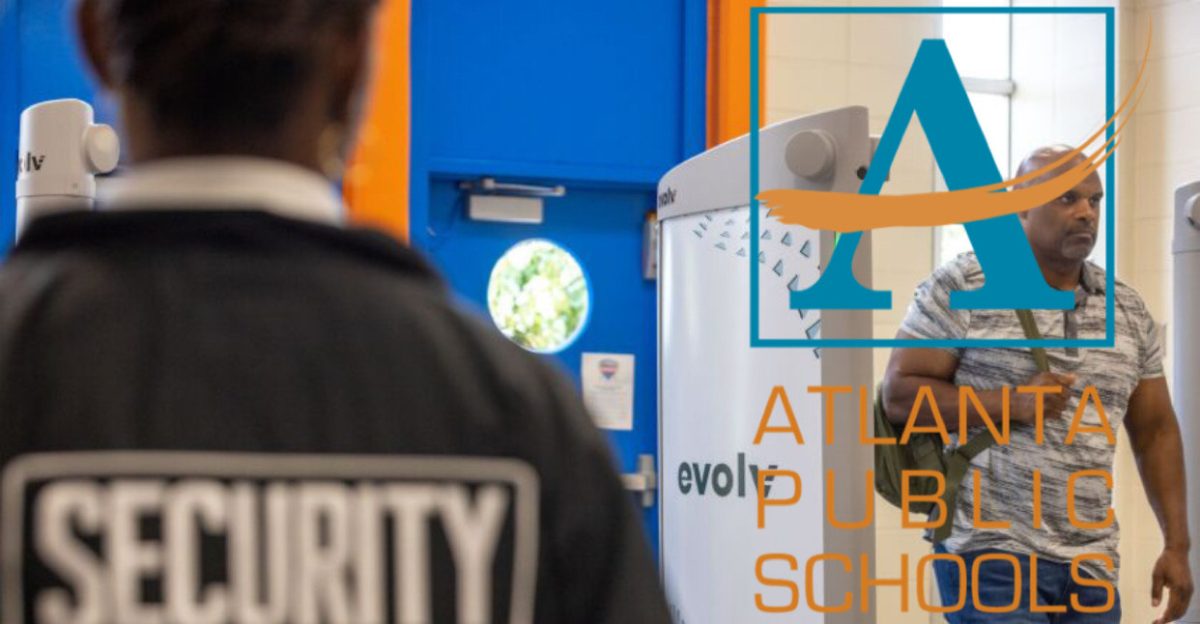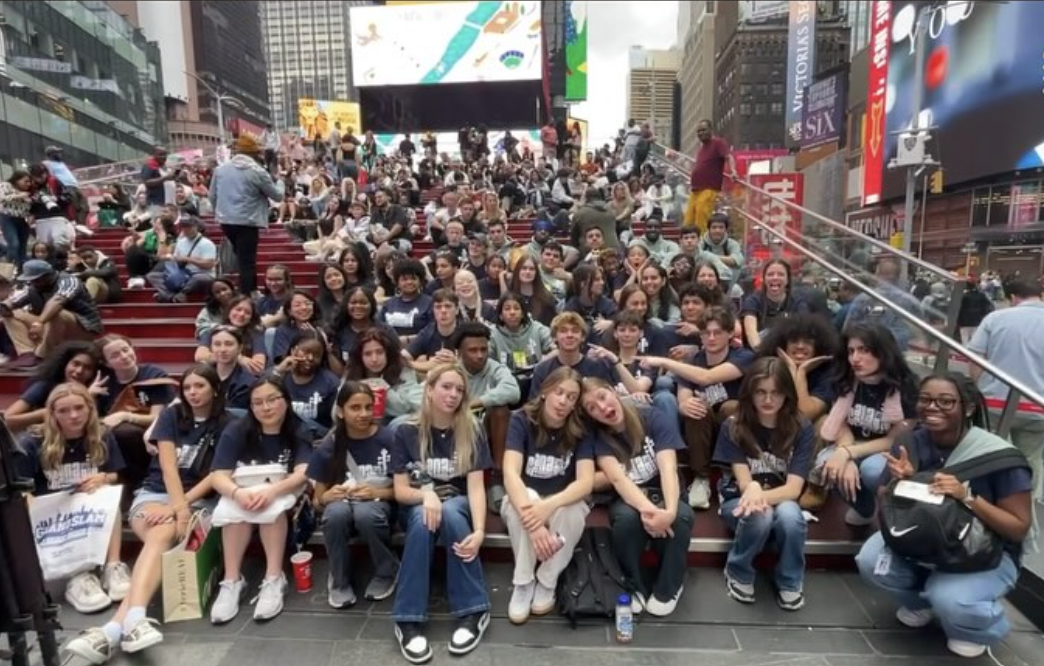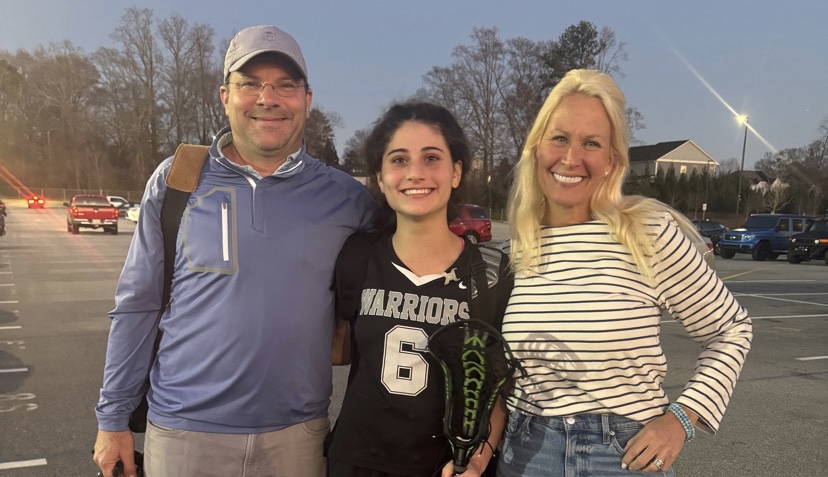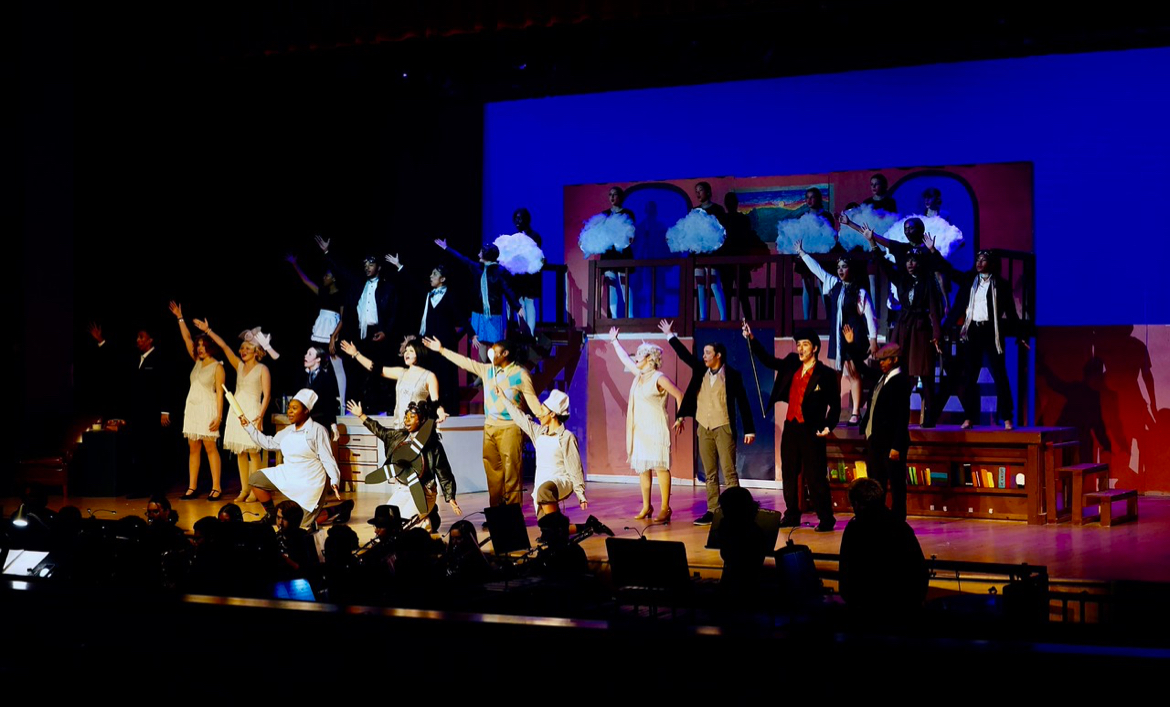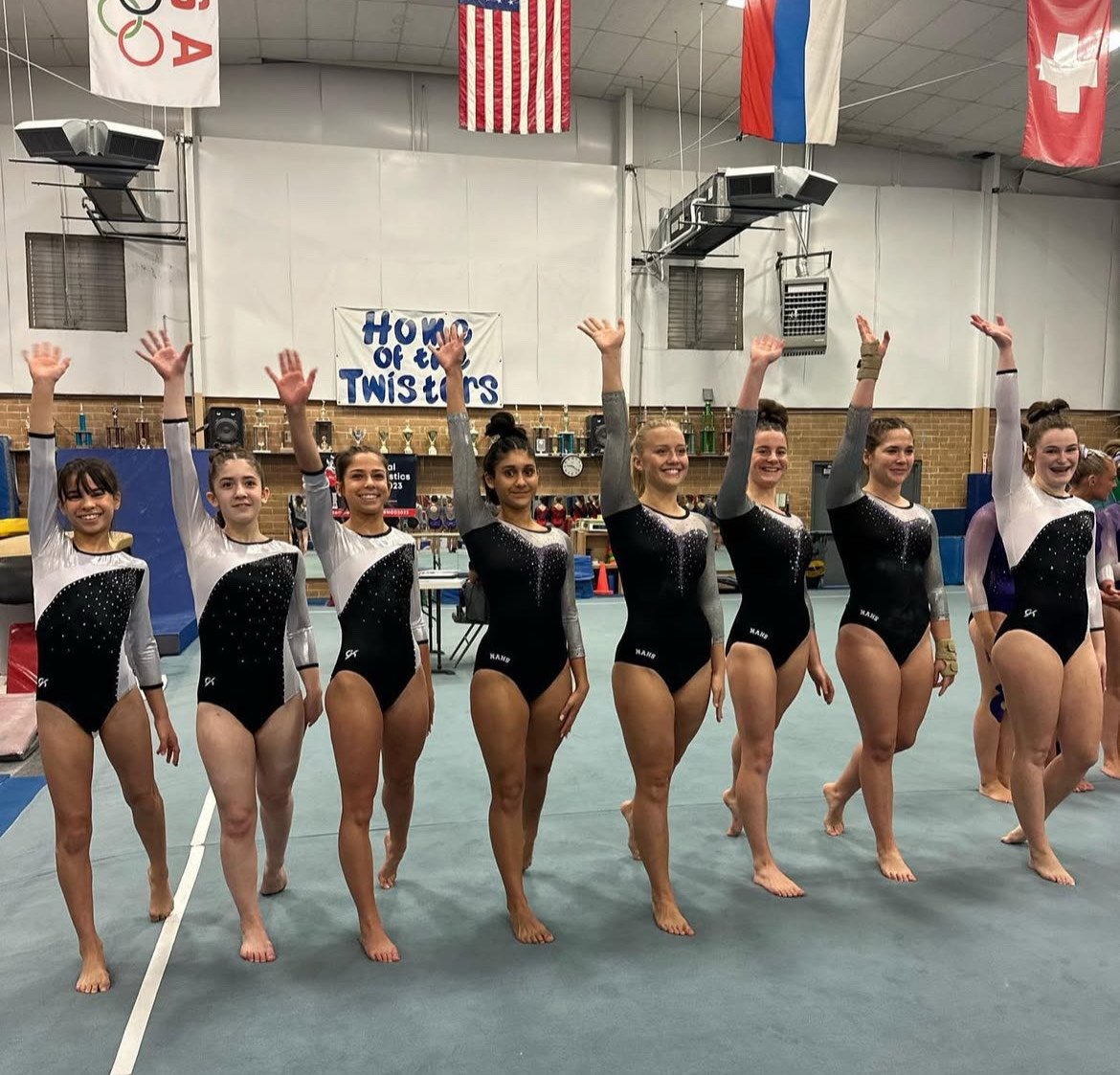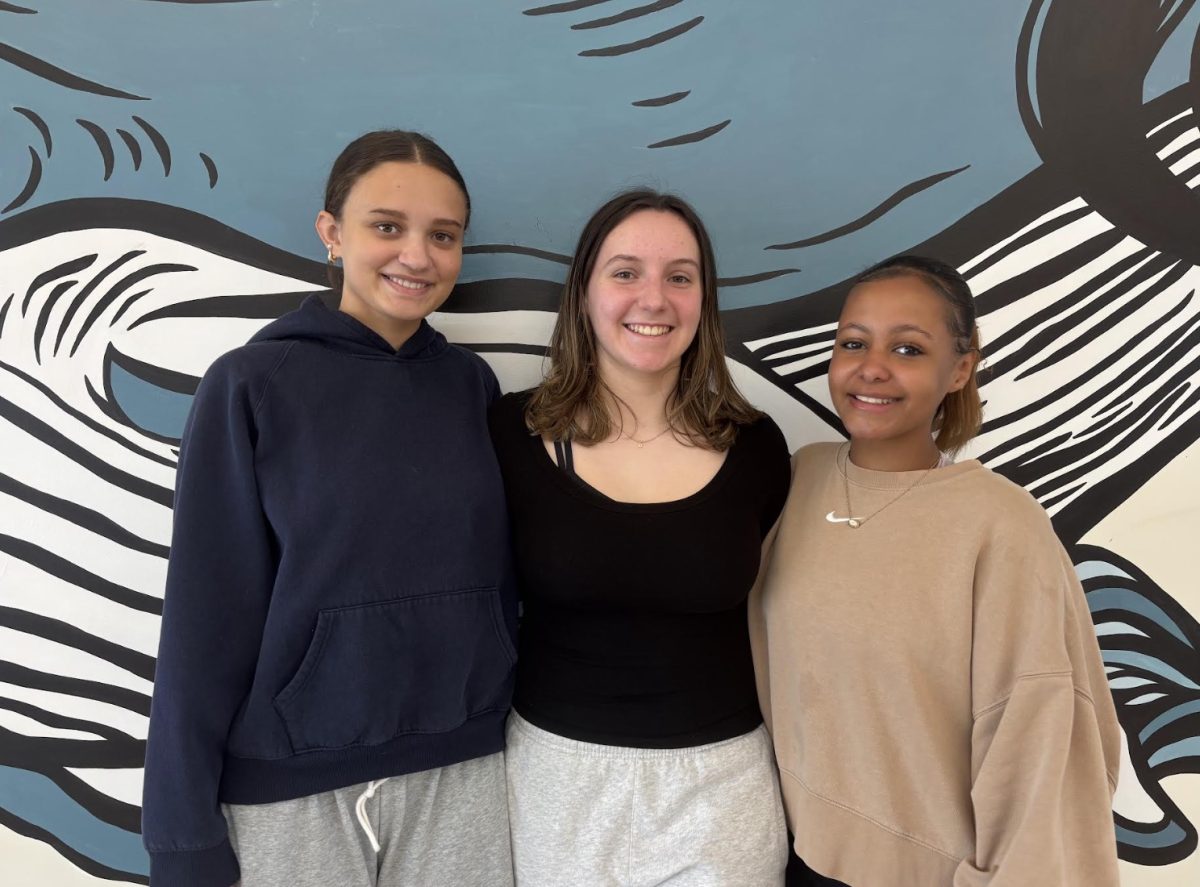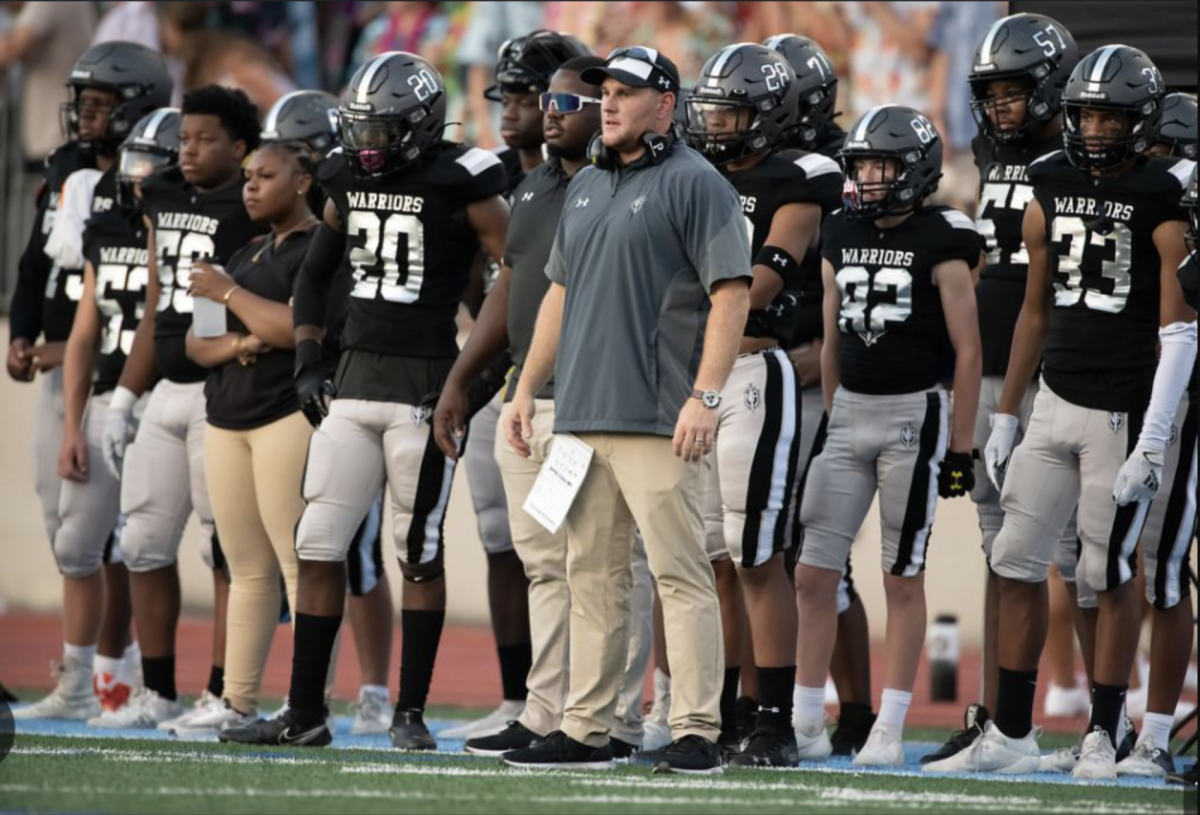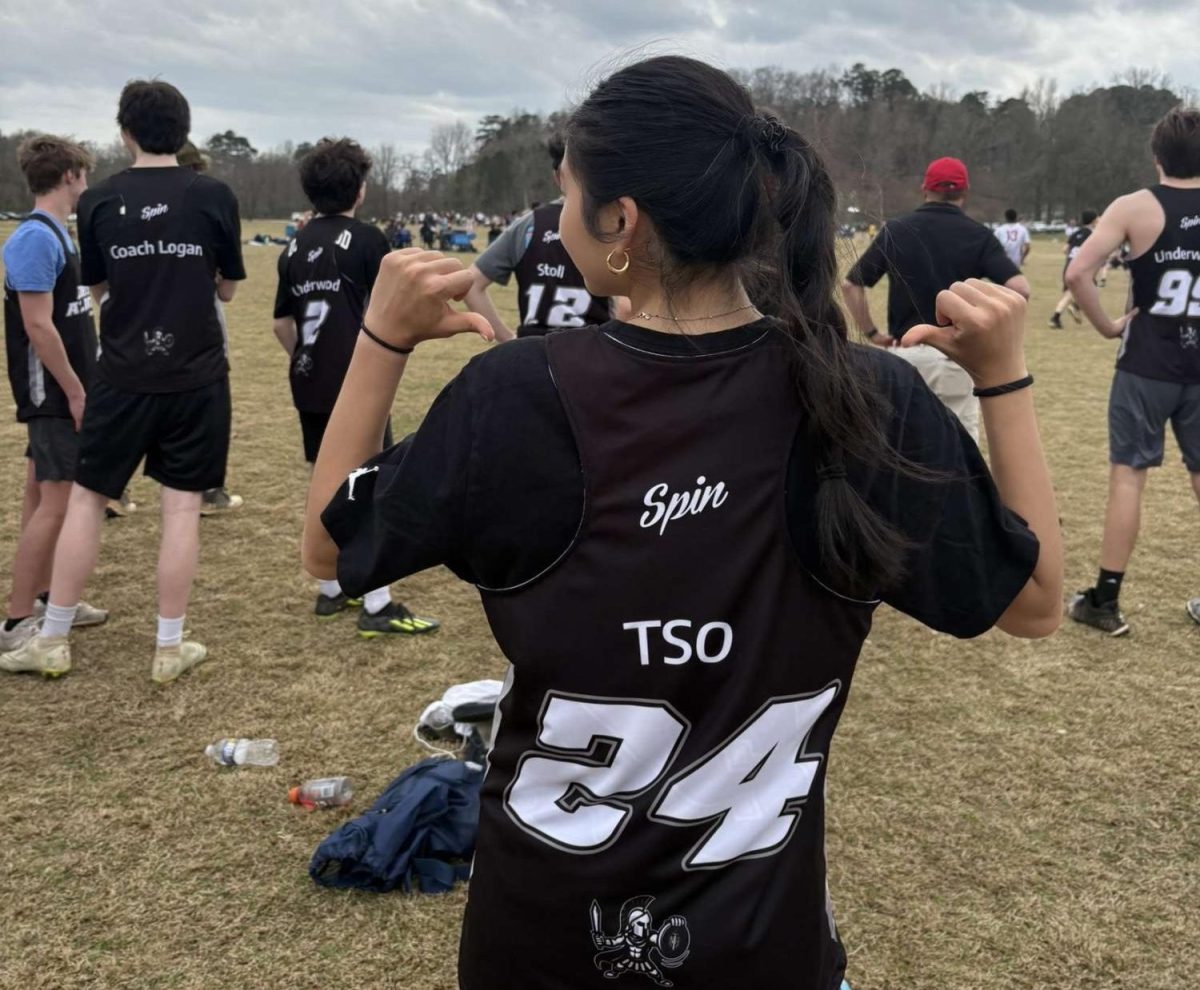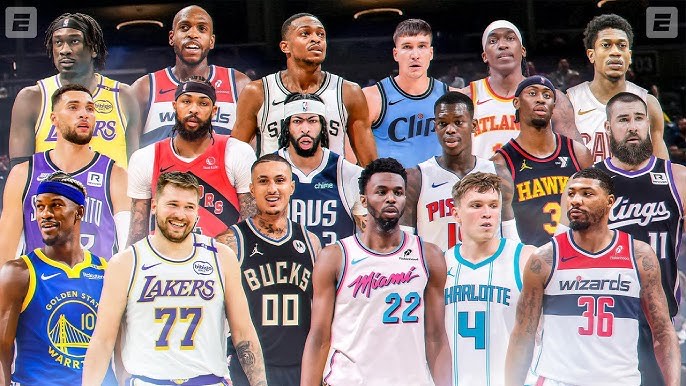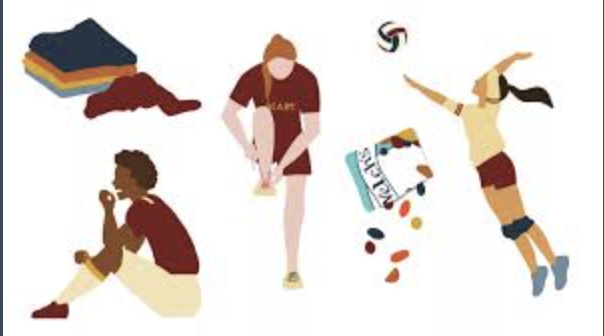Forget revenge, or the sweet taste of domination year after year. North Atlanta won’t see most of its familiar rivals next year following a recent pivotal decision made by the Georgia High School Association. The GHSA is the organization that manages athletics and activities for all public and private high schools across the state. Citing excessive administrative burdens, the association got rid of its highest athletic classification – 7A, the classification that included the state’s biggest high schools.
All 7A schools and the lower 6A schools are being combined in the coming year’s highest 6A classification. North Atlanta – a big school, population-wise – has been a 6A school for many years. All Warrior teams in the coming year will be competing in a region largely composed of schools that were formerly in the 7A competitive class. In effect, the competition just got tougher for the Dubs, since North Atlanta will be one of the smallest schools in its new region and will be playing against schools with much larger student populations.
The monumental GHSA decision was announced back in November 2023 and the stiffer competition for the Dubs will start with the coming 2024-25 school year. What all school teams at North will face is an entirely new field of competitors at new places. In the aggregate, the reshuffling of classifications has significant logistictical, academic, and competitive consequences for North Atlanta.
Logistics: North Atlanta faces numerous transportation issues next year due to our unfortunate location in relation to the schools in our region. We are located in the northwestern section of Atlanta. Every team in our region next year is well north of our school, in distant suburban Forsyth County. The distance coupled with Atlanta’s notorious rush-hour traffic could mean transportation chaos in terms of Warrior teams making away afternoon competitions. Travel time will increase, and athletes will be forced to leave school much earlier than in previous years – and will return to campus much later.
Academic: A successful student-athlete balances sports obligations with academic success, but next year’s regional assignments will jeopardize that balance. Teams that compete two to three days a week after school – sports like baseball, soccer, volleyball, tennis – will be required to miss 4th period and get back to the school much later in the evening due to the longer travel times. During IB exams, students will have to answer the question, “Do I want to go to state and miss my IB exams or miss my last chance to play highschool sports in order to complete the exam?” said North Atlanta Athletic Director Andre Regan.
Area sports, such as swimming and cross country, will not experience these consequences as severely, as meets are completed once a week at a location situated in the middle of the region’s schools. Long trips will still be an annoyance, but luckily they will not affect athletes’ class schedules.
Competition: New relationships between coaches will be created, and players are bound to create new bonds, with new rivals, at new places. Interestingly, most of these factors will also require adjustments from 7A schools that move down to 6A, even as their class is remarkably similar to years prior. The necessary changes are due to next year’s regional assignments being unrelated to last year, further disrupting an already confusing arrangement of teams.
Our new region feels like a difficult outcome, but the reclassification is not fully negative. Each North Atlanta team feels differently about next year’s competition, and interviews with multiple coaches and players support this reasoning. The men’s baseball team, which is led by long-time head coach Ricky Plante, is looking forward to next year’s increase in competition. With a successful track record, Plante believes the team can continue to be elite because they are used to stout competition, as previous seasons also matched them with tough opponents. “Every game was hard this year, so we will continue to play just as hard, it doesn’t matter to us,” said Plante. “The expectation is to win, and we won’t make any excuses.”
Similarly, the football team feels that the competition will be harder, but akin to last year’s. The new region is proving to be a source of motivation for the team. Athletes are fired up for the new competition and excited to get better, said football head Coach Jamie Aull. “Don’t get me wrong, the competition we see will be as tough or tougher than what we’ve seen, but I feel that we are in a position to compete every week.”
Leaders of the North Atlanta boys soccer team view things different. The team had a stirringly successful 2024 season that featured a deep playoff run that ended in a defeat in the state playoff semifinals at the hands of eventual state champion River Ridge. The Dubs schedule this year featured many wins against tough opponents, but the team’s schedule could also include some weaker teams where a win would be more or less guaranteed. The new region will feature only stiff competition against perennial soccer powerhouses. “Next year, all of the teams will be good,” said soccer head coach Jack Stenger. “We kind of will be walking into the unknown. Whenever there’s a region change, you have to figure out where you stand against your competition, and in the coming year we know it’s going to be very stiff competition.”
Stenger mentioned that even though North Atlanta is the largest high school in the Atlanta Public Schools district with around 2,400 students, that our school will actually be one of the smaller schools, population wise, in its new athletic region.
Women’s tennis foresees a similar problem. Multiple seniors who led and secured wins for the team are graduating, leaving the team vulnerable to the new schedule. Physically demanding and requiring mental calmness, the young tennis team will face a large challenge next year. “All of the competition will be harder, and our best players are leaving, so we might be in for a beating,” said junior Mary Woodward. “However, I think we will grow from it in the long run.”
Opportunity to Petition: When the initial decision was made to get rid of the 7A classification and to combine the 7A and 6A classes, the GHSA gave schools the opportunity to appeal the decision and petition to move down in competitive classifications. Some private schools successfully pulled off these reclassification petitions. Catholic private school Marist, for example, played as a 6A school for several years, and for the last few seasons North Atlanta and Marist played in the same region. But after Marist won it’s appeal, it will play in the coming year in the lower 4A class.
There might not have been as much APS district support for pursuing a region reclassification and it could be the GHSA felt one of North Atlanta’s strongest cases for reclassification – the Warrior’s geographic distance from all of its region counterparts – was not a strong enough reason to honor any such request. No matter what, it’s clear that it will be a whole new ball game – and a lot tougher competition – for the Dubs in the coming school year.


